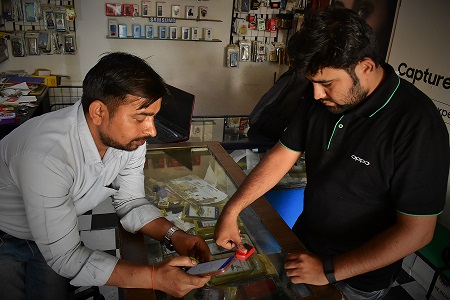Business correspondents (BCs) play an essential role in advancing financial inclusion and bringing financial services and products to unbanked and underbanked populations. RBI clearly recognizes and supports their role as stated in its financial inclusion strategy for 2020-2024 as well as numerous policies that have been passed with the intent to strengthen, expand, and support the BC model. This policy note, however, argues that two key taxation issues are hindering the sustainability and attractiveness of the BC model – the application of Tax Deducted at Source (TDS) on cash withdrawals and the Goods and Services Tax (GST) on financial transactions conducted by BCs.
Highlighting issues in the interpretation and the feasibility of applying specific provisions aimed at ensuring that poorer population segments are not unfairly burdened, this note provides three high-reward recommendations:
1. Ensure that all BCs are exempt from TDS deductions.
2. While looking for a technical solution to distinguish accounts belonging to urban and rural accounts, apply a NIL GST rate to all transactions performed by BCs.
3. Examine whether the current implementations of GST regulations follows the principles of value addition and consider whether allowing agents to directly charge fees, within the limits prescribed by RBI, would help fix this issue.
Addressing these ambiguities in TDS and GST application can pave the way for improving the viability and sustainability of the BC model in India, and advancing the government’s financial inclusion agenda.





